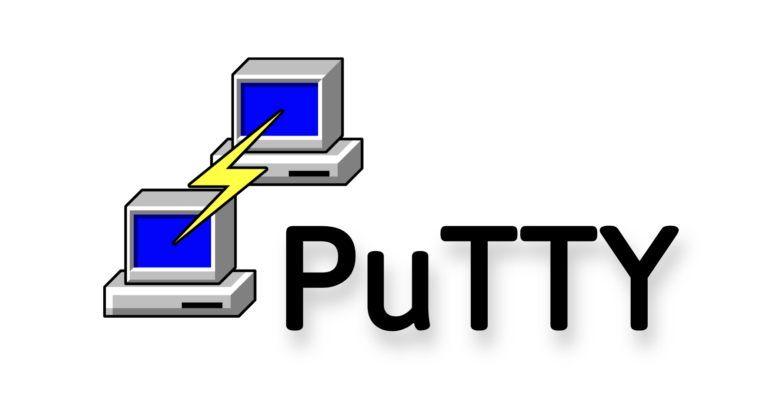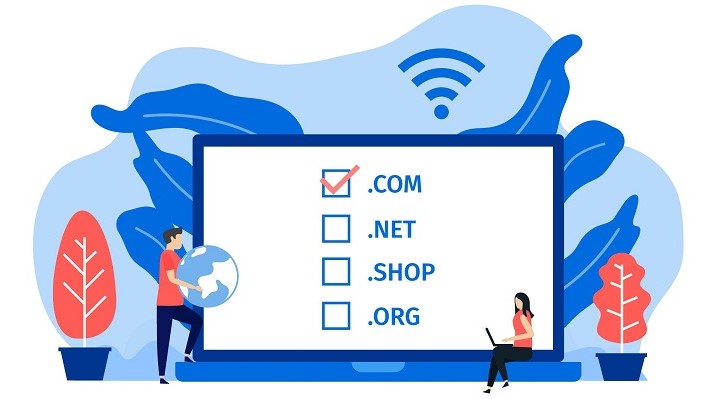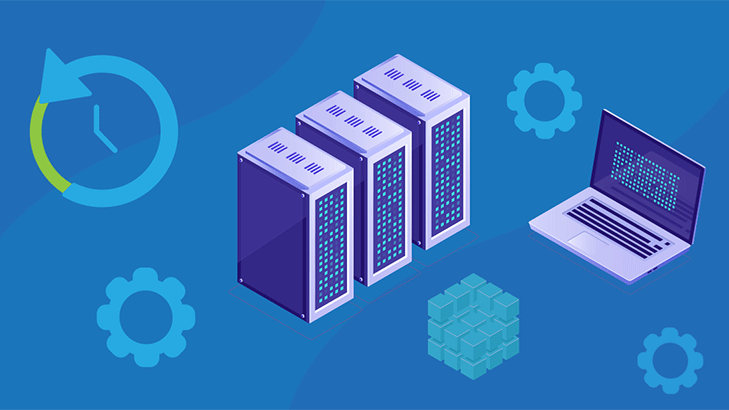CMS or website builder: pros, cons and pitfalls
Choosing between a content management system (CMS) and a website builder is one of the first and important decisions you have to make when creating a new web resource. This choice can determine not only the look and functionality of your website, but also how easy it will be to maintain and develop. So let’s take a closer look at this topic the pros and cons of using a CMS and website builder.
Differences between a website builder and a CMS
Website builders and CMSs are two different approaches to building websites, each with their own characteristics. Namely:
- Website builders offer a simpler and more intuitive interface. They are ideal for beginners as they do not require programming or layout knowledge. All design elements can be dragged (drag and drop function) and modified with the mouse. In addition, most website builders offer ready-made design templates, which greatly simplifies the development process.
- CMSs offer more flexibility in customizing and managing your site. They allow you to create complex websites with lots of pages and functionality. However, to work with a content management system Basic knowledge of HTML and CSS is required. You can do without programming knowledge, because most of the functions can be realized by connecting plugins. The site will require separate hosting
The choice between a CMS and a website builder depends largely on the specific goals and needs of your project. But we’ll talk about that a little later.

CMS or builder? Pros and cons of website builders
Both CMS and website builders have their advantages and disadvantages. First, let’s look at the pros of a CMS:
- Flexibility and customizability. CMS offers more flexibility to customize the design and functionality of the site. There are plenty of themes, plugins and extensions to choose from, with which you can customize the site however you like.
- Scalability. With a CMS, you can create complex websites with lots of pages and features. The CMS functionality itself is designed for this.
- Content Management. CMS makes it easy to add, edit and delete content on your website. You don’t need to know programming languages or HTML (although that would be a plus and expand the possibilities).
The cons of the CMS are as follows:
- Dependence on the user’s technical knowledge. To work with CMS may require certain technical skills, including knowledge of HTML and CSS (and JS with PHP will not be superfluous). If you need to create specific functionality and you don’t know how to program, you’ll have to find someone who can make the changes.
- Higher complexity of use. CMS is more difficult to master compared to website builders, especially for beginners.
- Greater responsibility for updates and security. When working with a CMS, it’s up to you to keep up with updates and security of your site.
However, despite these drawbacks, a CMS can be a great choice for those who want to have full control over their website and are willing to delve into technical details.
The main advantages of website builders:
- Ease of use. Website builders have an intuitive interface that is easy to use even for beginners. At the very least, it’s much easier than the interface of WordPress and more complex CMSs.
- Availability of ready-made templates. Most builders offer ready-made design templates, which simplifies the process of creating a website. Drag and drop elements with your mouse, change colors and fonts – creating a website is really like playing with a constructor.
- You don’t need to know how to program – this is probably the most important plus of website builders for those who are not strong in IT. The whole interface and functionality in them is maximally simplified, which attracts beginners who decided to create a website from scratch.
That said, designers are not without their downsides:
- Limited customizability. Unlike CMSs, website builders offer fewer options for design customization and functionality. Most have a free and a paid version. Only basic functionality is available in the free version.
- Scalability. Website builders are not the best choice for large and complex websites. For lendings and business card sites they fit perfectly, but if you need to create an online store or forum – with them you will not go far.
- ISP Dependency. If your website builder provider ceases support or closes down, your website may become inaccessible.
As you can see, the pros and cons of the site on the constructor are about the same number, but despite the few limitations, they are a great choice for those who want to quickly and effortlessly launch a small portal. The disadvantages of website builders are not so significant.
What is better to choose: website builder or CMS
To make a choice between a website builder and a CMS, you need to focus on your individual needs, skills and goals. So let’s look at a number of key factors to consider when making your decision.
Goals and needs
If you need a simple business card site or a small blog and want to get started quickly, a builder is a good choice. It has all the features you need out-of-the-box, as well as easily customizable templates. The main thing is to choose a good website builder engine.
On the other hand, if you plan to create a complex website with a unique design and many features (for example, a large online store, news portal or corporate website), it is worth considering a CMS. A CMS provides many more opportunities to customize and expand the functionality of your website.
Technical skills and time
The designers have a simpler and more intuitive interface, making them ideal for beginners. They require no programming or web design knowledge, and give you the ability to quickly create a beautiful and functional website.
Content management systems take more time to learn and customize. They can offer more flexibility, but they require technical skills and knowledge of at least HTML and CSS, and ideally JS and PHP.
Budget
Website builders have simple and transparent pricing plans that include all the necessary features and hosting services. However, if your site is growing and evolving, the cost may increase.
There are usually additional costs associated with a CMS, such as hosting, purchasing themes and plugins, etc. You may also need professional help to set up and maintain the site if you do not have the relevant experience.
To summarize, it all depends on the specifics of your project, technical skills, and budget. It’s best to research the pros and cons of each option before making a decision.







